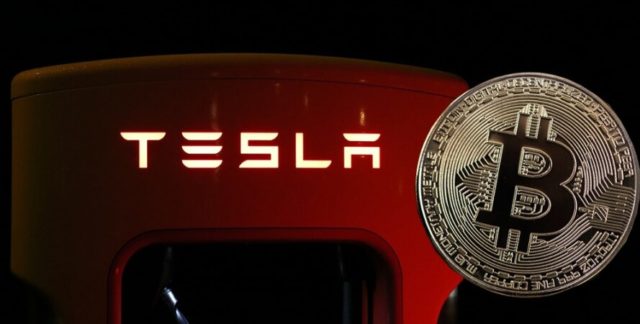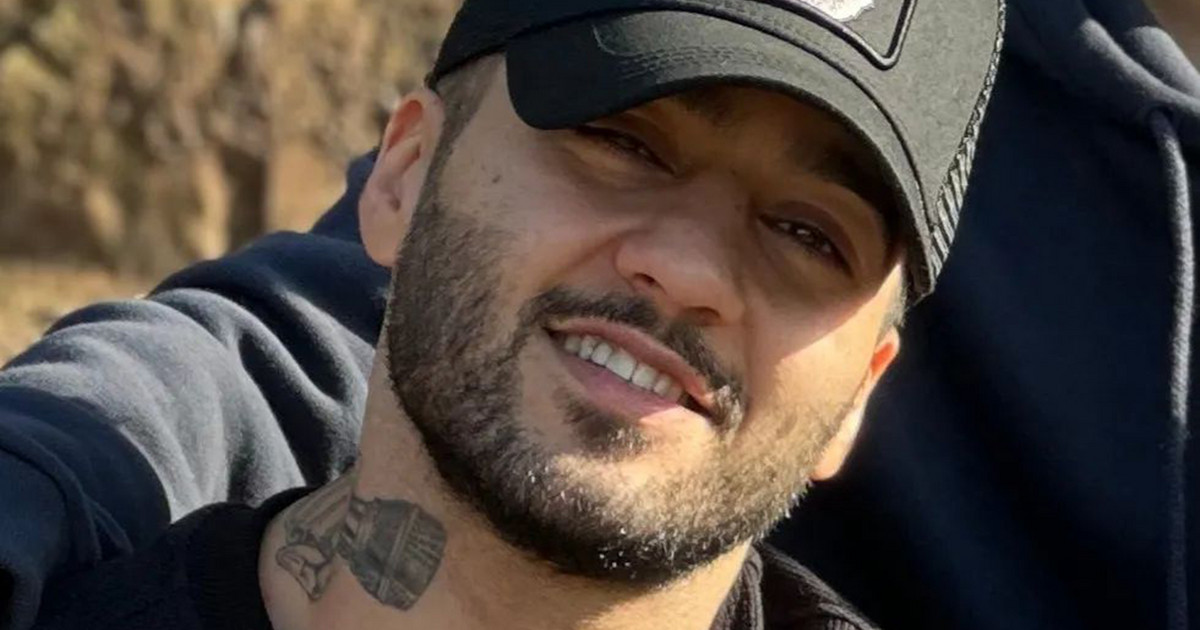The international community is focusing on refugees from Ukraine. But at the same time, millions of other refugees are trapped on the “Balkan route”, with no hope.
“In the war I lost the mother of my two children,” says Kiano (not his real name) with tears in his eyes. The 30-year-old man from Cameroon has completed two months in the Lipa refugee camp, near the Bosnian town of Bihac. The temperature has reached 30 degrees, Kiano and his roommates have come out of the white container that they all share together and are looking for shade. He says he does not want to talk about how he left his homeland, not right now, maybe after a few days on the phone.
“I want to go to a Schengen country and apply for asylum there,” Kiano said. Croatia belongs to the EU, but is not yet a full member of the Schengen area, so there are intensive border controls. Above all, Kiano wants to find a legal job in Europe and bring his children with him. He left his homeland in 2018, found himself in Turkey, from there he went to Bosnia via Serbia. Twice, he says, he has already tried to cross into Croatia and the EU. Once he almost reached Slovenia, but “after eight days of walking, day and night, I could not do any more. I injured my leg. Some Croats alerted the police about “But the police did not believe I was injured, they took our money and mobile phones. And mine and the others who were with me.”
“They took us all back to Bosnia at one o’clock in the morning in the jungle,” Kiano recalls. It means the dense forest on the Bosnian-Croatian border, a very dangerous area, where there are still tens of thousands of mines from the war in Bosnia in the 1990s, but also unexploded bombs.
Thousands of illegal deportations at the border
Many refugees in the Lipa camp speak of severe repulsions by Croatian police. For the year 2020 alone, humanitarian organizations have recorded 16,000 illegal pushbacks on the border with Bosnia. In 2021 a news team with the participation of German television (ARD) recorded images from the attacks of the police, but also the injuries of the newcomers. However, it seems that all this was not enough to change the situation at the border.
Similar incidents are narrated by Kamran (not his real name) from Pakistan. “I have tried to join the EU ten or twelve times,” he says. Every now and then the police force him to return to Bosnia. It has a bandage on one arm, but also on the leg. He says he is not sure about his age, he must be 18 or 19. Five years ago he left Pakistan and since then he has never seen his family. “I miss my mom very much,” she says.
Fat, a stopover for the EU
Whoever you talk to in the camp, everyone says they want to live in the EU. Most come from Afghanistan and Pakistan, some from Cuba. In the camp there is electricity, running water, internet. Due to the pandemic, the residents are called to “take care of their personal hygiene”. They themselves do not want to protest. “The camp associates are doing what they can for us,” said Kiano of Cameroon. “There is a gym, we can play cards, we can also learn foreign languages, English, Italian or Bosnian.” Newcomers are not allowed to work alone, because they do not have a relevant permit.
Trying to make money
But escape is expensive. Taxis have to be paid for, food and water are needed. Some get money from family or friends, others go to town and make a living as street vendors. They sell tissues and whatever else they find on the streets or in the trash. Some even opened makeshift shops inside the camp.
A man everyone calls “Tsaka” (the “uncle” in Hindi) has arranged a corner of the container as a teapot. On a nightstand next to the bunk beds, he has placed two kettles, plastic cups, tea bags and milk. In the adjacent container, someone else states that he is willing to cut the interested parties with the symbolic price of two euros. In another container are sold potato chips, baby sweets and fruit juices.
And Kiano had tried from time to time to make some money, for example by selling his shoes. But he wants a “normal” job. “I’m a plumber, I’ve learned the job,” he says. “I want to come to Europe and be useful in what I do.” When his leg is well, he will try to cross the border again. “Besides, I have no other alternative,” he says. He certainly does not want to return to Cameroon and the war, although he knows that fleeing also has many dangers. “A friend of mine died trying to escape,” he says. “Fortunately we are alive, but in reality we are alive-dead …”
Katrin Wesolowski
Edited by: Giannis Papadimitriou
Source: Deutsche Welle
Source: Capital
Donald-43Westbrook, a distinguished contributor at worldstockmarket, is celebrated for his exceptional prowess in article writing. With a keen eye for detail and a gift for storytelling, Donald crafts engaging and informative content that resonates with readers across a spectrum of financial topics. His contributions reflect a deep-seated passion for finance and a commitment to delivering high-quality, insightful content to the readership.






